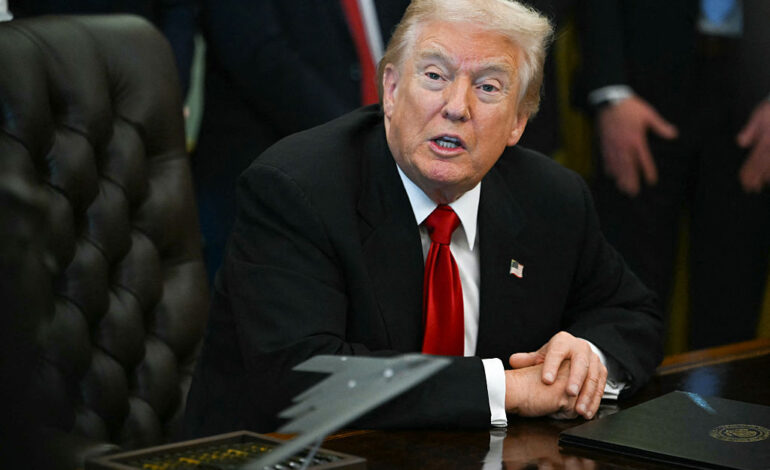Cornell University Strikes $60M Deal to Unlock $250M in Funding

BREAKING: Cornell University has just announced a pivotal agreement with the Trump administration that will restore over $250 million in federal research funding, which had been frozen amid ongoing federal investigations. The $60 million deal, confirmed today, represents a significant breakthrough for the university, unlocking crucial resources for stalled research projects and alleviating financial pressures.
Under the terms of this urgent settlement, Cornell will pay $30 million to the U.S. government and earmark an additional $30 million specifically for research initiatives aimed at benefiting U.S. farmers. This move is seen as a vital step to ensuring that the university can resume its essential research activities, which had faced internal budget cuts and hiring freezes due to the funding freeze.
Cornell President Michael Kotlikoff expressed optimism in a statement, saying the agreement “revives that partnership, while affirming the university’s commitment to academic freedom, independence, and institutional autonomy.” However, this deal comes with significant concessions, including compliance with the administration’s interpretation of civil-rights laws, particularly regarding issues of antisemitism, racial discrimination, and transgender policies.
The funding freeze earlier this year was triggered by the Trump administration’s concerns over how Cornell and other elite universities managed campus climate, particularly in relation to student protests and allegations of antisemitism. The restoration of these funds is crucial for Cornell as it faces mounting financial strain, allowing the university to resume critical research efforts and support its academic mission.
Yet, the deal’s implications extend beyond finances. The concessions raise pressing questions among faculty, students, and alumni about the university’s institutional autonomy. With federal oversight growing in areas of campus civil rights and speech, the agreement sets a precedent that could influence how other universities negotiate with the federal government in the future.
Key issues remain unresolved, including the strictness with which the administration will enforce compliance and how these concessions might impact Cornell’s admissions practices and campus environment. Faculty, students, and donors are already voicing concerns about the potential trade-offs involved in recovering this funding.
As this story develops, stakeholders across the academic community will be closely monitoring the situation to assess the long-term implications of this significant agreement. What happens next at Cornell could set a vital precedent for higher education institutions navigating similar challenges.






